In Competition No. 3305, you were invited to submit a sonnet entitled ‘Sonnet On Famous And Familiar Sonnets’.
The germ for this challenge was ‘Sonnet On Famous And Familiar Sonnets And Experiences’ by the gifted, troubled Delmore Schwartz, friend to Robert Lowell and John Berryman (who wrote a suite of poems in memory of him).
An imaginative and technically accomplished entry warrants high fives all round. The winners earn £20.
Weary with toil, and grey and full of sleep,
In the long, sleepless watches of the night,
Below the thunders of the upper deep;
Standing aloof, consider how my light
Is spent. No help? Come let us kiss and part.
The world is too much with us, late and soon.
Bright star, would I were steadfast as thou art –
Though night hath climbed her peak of highest noon.Ah! changed and cold, how changed and very cold!
Let us go hence: the night is now at hand;
(Much have I travell’d in the realms of gold –
Scorn not a traveller in an antique land!)
Remember me: for restful death I cry –
Think only this of me if I should die.Bill Greenwell
Are sonnets too much with us nowadays?
Have we o’erstayed our time in realms of gold,
Composing lists that try to count love’s ways?
Have eye/sun similes gone blind and cold?
What bright thing have we to which to compare
A beauty that is no diminished thing?
Upon whose works do we look with despair,
Our own or those of some inflated king?If we interrogate our teeming brains,
Do we find there is nothing much to glean?
When we are proud of many living gains,
Do we succeed in breathing pure serene?
Have we the voice for hymns at heaven’s gate?
Or are we fated just to stand and wait.Chris O’Carroll
Wyatt lists to hunt, but who’s the hind?
A queen to be, a tragic end to come.
In Poe’s Enigma sonnet you will find
A hidden name, a mystery to some.
On Maundy Thursday, Owen felt the power,
Kissed not the crucifix, he kissed the hand.
John Clare held nature in a noon day hour;
Shelley, the empty desert Ramses spanned.
Raleigh’s thinges that make the timber rott,
The wood, weede, wagg his sonne must contemplate.
And Milton, blind, accepting of his lot,
‘They also serve who only stand and wait.’
But over all these poets Shakespeare shines,
With timeless verse distilled in fourteen lines.Sylvia Fairley
These are the sonnets left to stand by time
Whose tides have washed away the lower ground:
In art and feeling all accounted prime;
They touch in us a sense of the profound.
Yet theirs is not an eminence that looms
And daunts our understanding by their scale.
For each fresh reader insight grows and blooms –
The promise of famed verses does not fail.The countless ways of love, a kestrel’s flight,
How praise for London’s beauty should be due,
That blindness may reveal an inner light:
We share the wonder of the poets’ view.
Familiar lines we gladly recognise
Are saved to be discovered by new eyes.W.J. Webster
a.b.b.a. – the rhyme scheme, not the band,
Was how romantic verse began for Dante.
The sonnet’s fourteen lines soon swept the land…
Then, one man made a change, and upped the ante.
Will Shakespeare simply tinkered with that scheme,
And, in between the plays, he penned a lot.
Some were romantic, others took their theme
From nature; soon the sonnet form was hot.Succinctly saying what was needed, Ben
And Milton, Donne and Keats all had a crack.
But Wordsworth hit the sonnet jackpot when
He wrote Westminster Bridge. So, looking back
The sonnet’s scope has blossomed down the years
From romance to a cityscape that cheers.C. Paul Evans
‘Scorn not the sonnet;’ such was Wordsworth’s plea,
And sonnets have for years appeared in reams
As poets bare their hearts on various themes:
Love, beauty, sorrow and mortality;
‘Death, be not proud,’ wrote Donne, for death would die,
‘Shall I compare thee to a summer’s day?’
Inquired Shakespeare, keen to get his way
And flatter his belovèd beau thereby.Milton, blind, praised those who ‘stand and wait’.
Rossetti, spouting like a gushing fount
On ways to love, at least proved she could count!
Yet sonnets, chained in hidebound rules, I hate,
How can their dull, iambic plod enthral?
Scorn not the sonnet? I say sod ’em all!Alan Millard
A sonnet is a moment’s monument.
(Bless you, Rossetti, is that really true?)
When I consider how my light is spent
(Oh Milton, what a gloomy rearward view)
Dropping a canape in my Beaujolais
(Yes, Donaghy, me too, careless at times)
Nor youth, nor sage, I find my hair is grey
(Hartley, you had your father’s ear for rhymes)
Before my pen has gleaned my teeming brain
(Dear Keats, your ‘teeming’ set the bar so high)
And when we meet at any time again
(Michael, this sonnet always makes me cry;
with all these lines I’ve nothing to compare.)
Look on my works, ye mighty, and despair.D.A. Prince
No. 3308: Traveller’s tale
You are invited to submit a short story whose first or last line is: ‘“Is there anybody there?” said the Traveller.’ Please email entries of up to 150 words to lucy@spectator.co.uk by midday on 12 July.
Got something to add? Join the discussion and comment below.
Get 10 issues for just $10
Subscribe to The Spectator Australia today for the next 10 magazine issues, plus full online access, for just $10.
You might disagree with half of it, but you’ll enjoy reading all of it. Try your first month for free, then just $2 a week for the remainder of your first year.

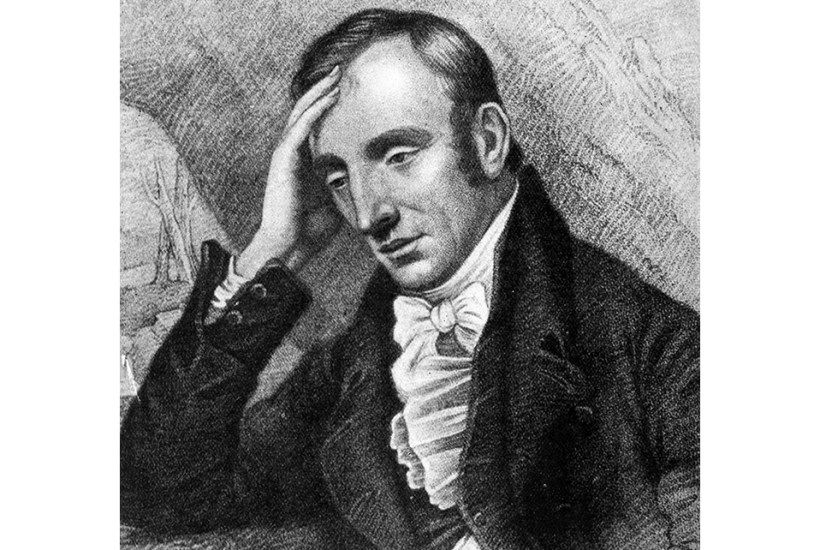
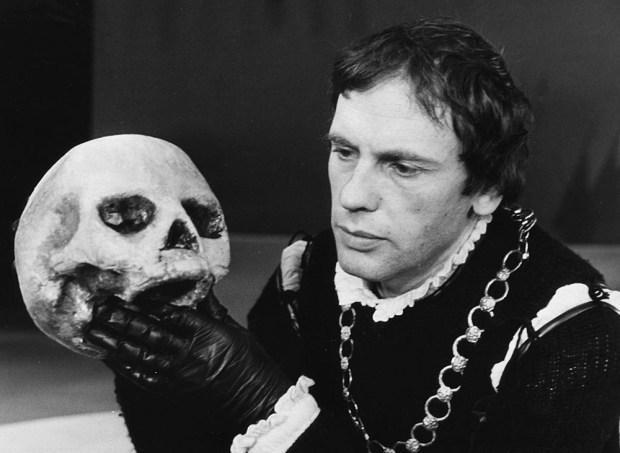

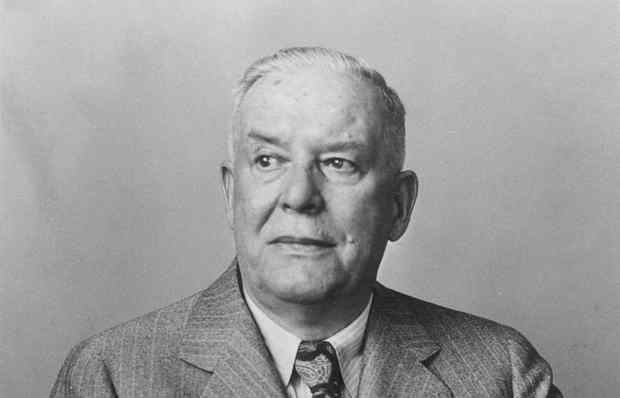
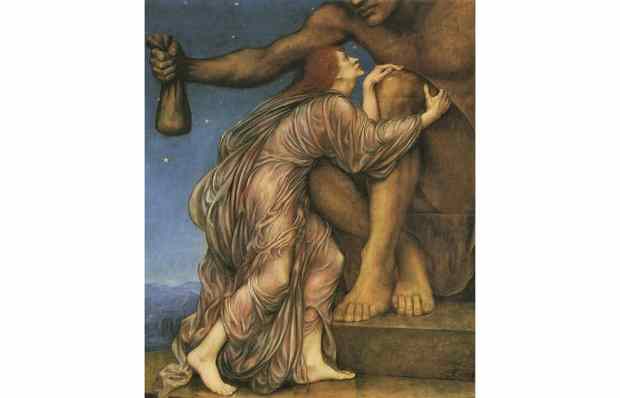
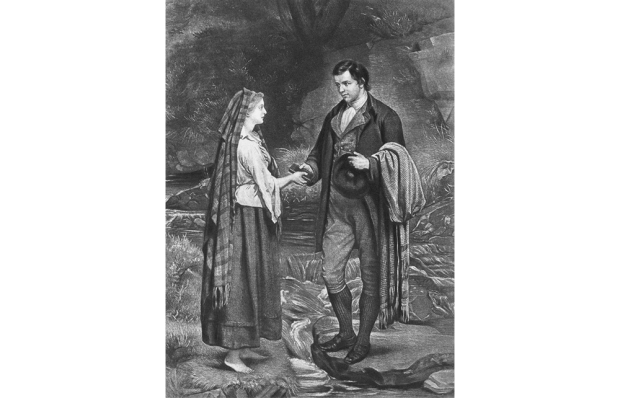
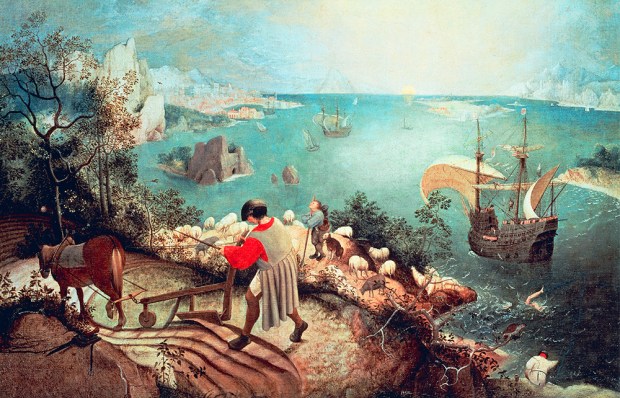






Comments
Don't miss out
Join the conversation with other Spectator Australia readers. Subscribe to leave a comment.
SUBSCRIBEAlready a subscriber? Log in